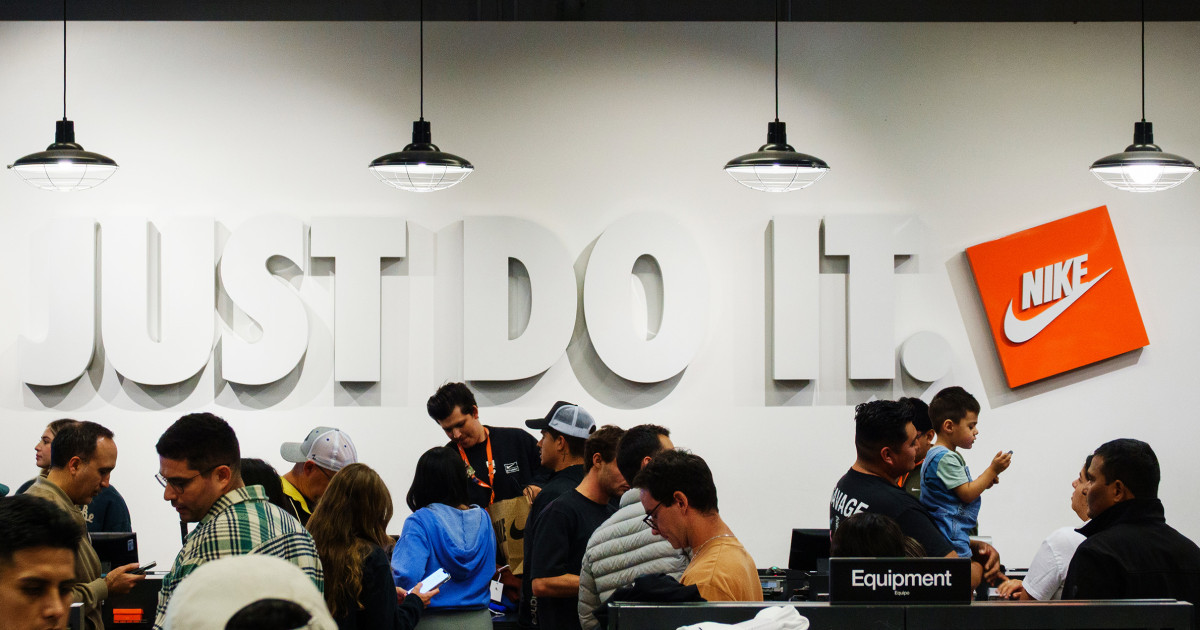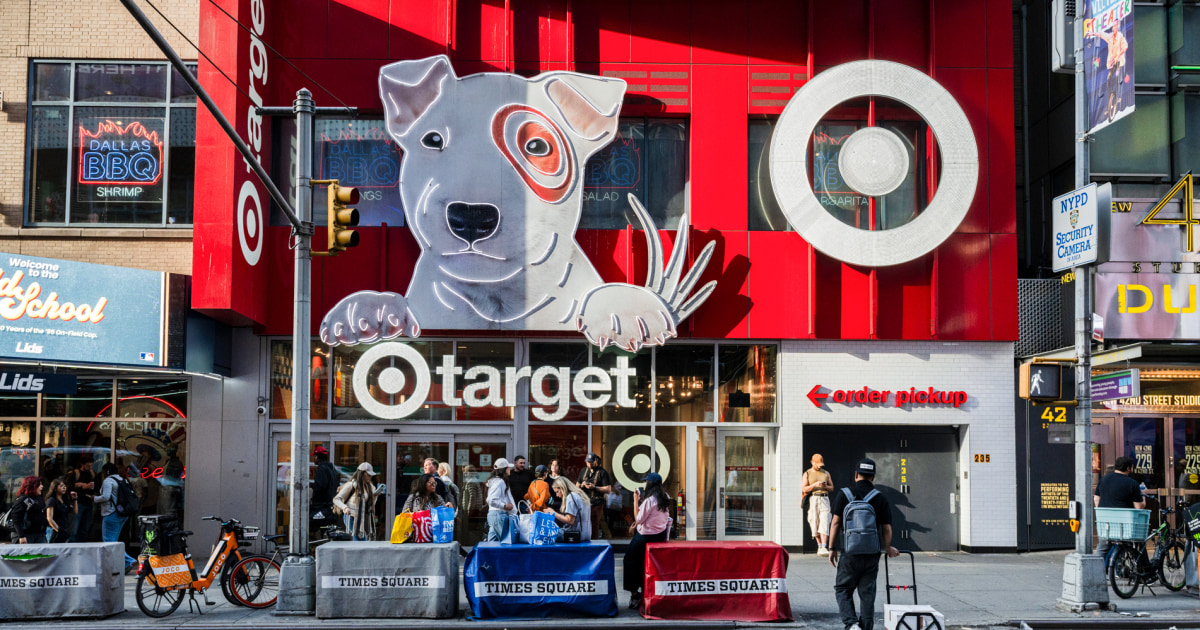Nike to Raise Prices Amid Tariff Uncertainty, Joining Retail Giants
Nike announces price hikes on select products starting June 1, as tariffs impact the retail landscape alongside Target and Walmart's strategies.
Subscribe to unlock this story
We really don't like cutting you off, but you've reached your monthly limit. At just $5/month, subscriptions are how we keep this project going. Start your free 7-day trial today!
Get StartedHave an account? Sign in
Overview
As President Trump's tariffs continue to affect retailers, Nike plans to raise prices on various products starting June 1, with increases ranging from $2 to $10. This decision comes amid ongoing uncertainty regarding trade policies, as Nike's footwear and apparel are heavily sourced from countries facing tariffs. While Walmart and Target are also adjusting their pricing strategies, Nike's price hikes will exclude children's products and items under $100. The retail sector is bracing for potential impacts on consumer demand as companies navigate rising costs and changing market conditions.
Report issue

Read both sides in 5 minutes each day
Analysis
- The article presents a neutral tone, discussing Nike's price increases due to external factors like tariffs.
- It highlights Nike's strategic decisions amidst market challenges and trade uncertainties without strong emotional language.
- The articles outline the implications of price increases while considering families and the broader retail context.
Articles (8)
Center (6)
FAQ
Nike will raise prices on selected footwear, apparel, and equipment, with increases ranging from $2 to $10. The price hikes will apply to shoes priced over $100 but will exclude children's products, the Jordan brand, Air Force 1 shoes, and any items priced under $100.
Nike is raising prices due to uncertainty and increased costs associated with tariffs imposed by President Trump's administration. These tariffs affect imports from countries like Vietnam, China, and Cambodia, which are major manufacturing hubs for Nike products, leading the company to adjust prices to offset rising costs.
Other major retailers like Walmart and Target are also adjusting their pricing strategies and expected to raise prices in response to tariff-related cost increases, similar to Nike's approach.
President Trump issued a 90-day pause on reciprocal tariffs for several nations, including Vietnam and China. Vietnam's planned 46% tariffs were reduced to 10%, and China's 34% tariffs were similarly suspended at 10%. However, these tariffs are set to resume on July 8, 2025, if no trade agreements are reached.
The price increases amid tariff uncertainty could lead to potential impacts on consumer demand as higher prices may reduce purchasing power or affect buying decisions. The retail sector is bracing for these possible market changes as companies navigate rising costs and evolving trade policies.
History
- 5M

 4 articles
4 articles




